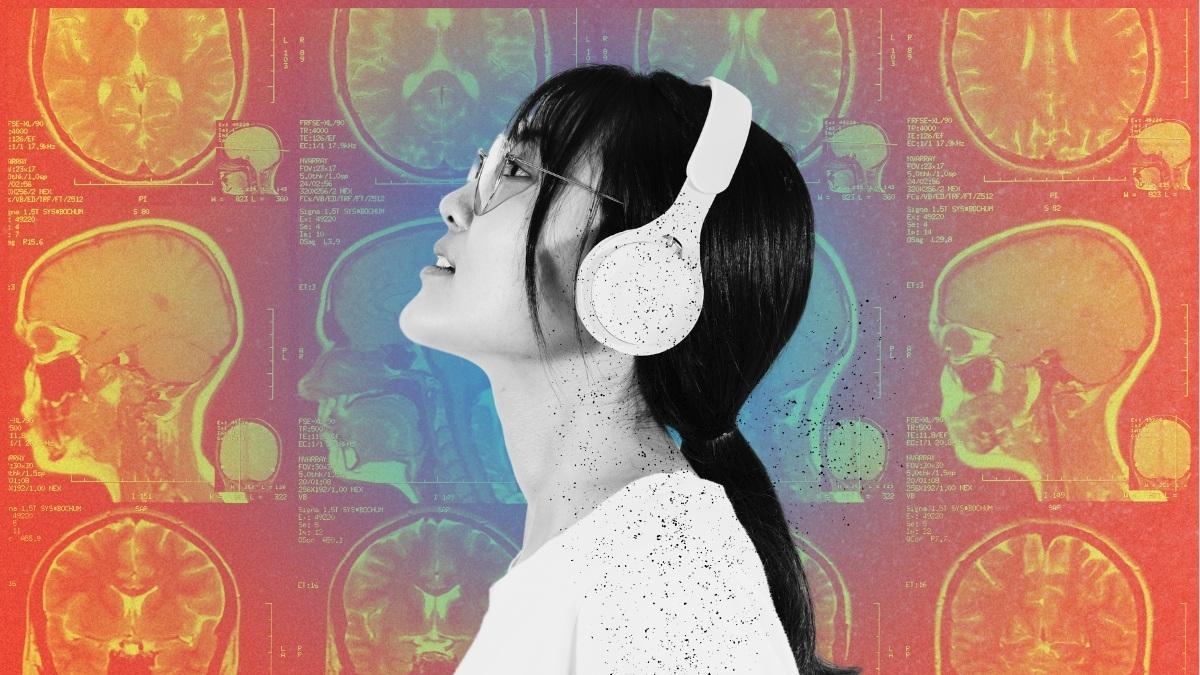The dangers of unsafe listening practices are not limited to hearing loss.
A recent study reveals a disturbing trend among the youth: nearly half of people under 35 years old are experiencing significant hearing loss, not just from blasting music through headphones but also due to the everyday din of urban life.
This hearing damage is not only impacting their current quality of life. It’s also found to set the stage for long-term cognitive issues, including an increased risk of dementia.
The Study and Key Findings
Conducted from June to October 2023 by hearing health innovator, eargym, the study surveyed over 1,000 individuals aged 16 to 35.

The results were alarming.
Nearly half of the participants (49%) demonstrated hearing capabilities that fell short of the normal levels expected for their age group.
This finding signals a widespread issue, with a significant portion of young adults experiencing some degree of auditory impairment.
The study also uncovered that 25 percent of those surveyed were already suffering from hearing loss. Plus, an additional two out of five participants were identified as having “probable” hearing loss. This indicates a substantial risk of future auditory decline.
Conversely, a mere 40 percent of the cohort showed no signs of hearing impairment. On the other hand, the remainder of the participants presented inconclusive results.
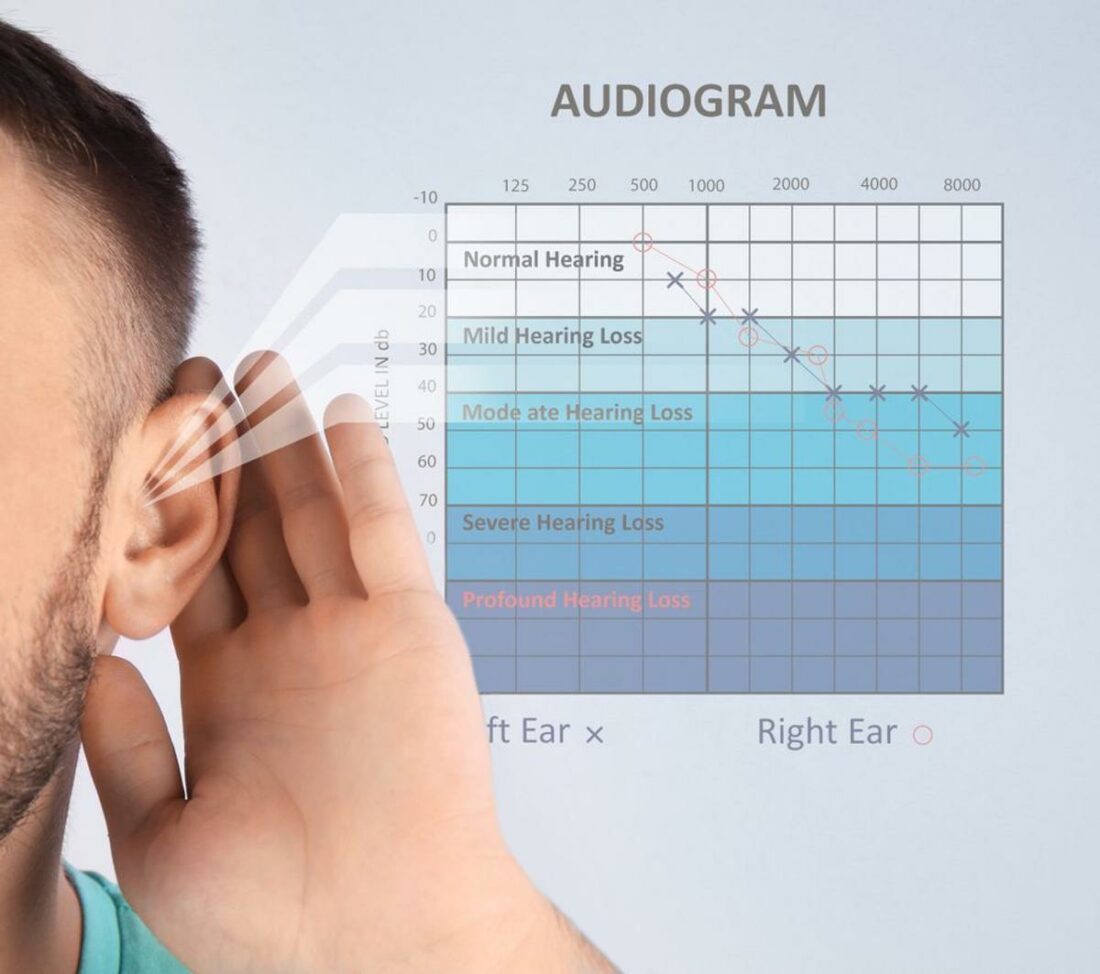
The research utilized a “speech-in-noise” test, a method requiring participants to discern numbers amidst background noise at varying volumes.
This approach, alongside the Amsterdam Inventory for Auditory Disability and Handicap (AIADH) questionnaire, painted a stark picture of the participants’ struggles, especially in understanding speech in noisy environments and localizing sound sources.
These difficulties serve as early indicators of hearing degradation due to constant exposure to loud noises.
Link Between Hearing Loss and Dementia
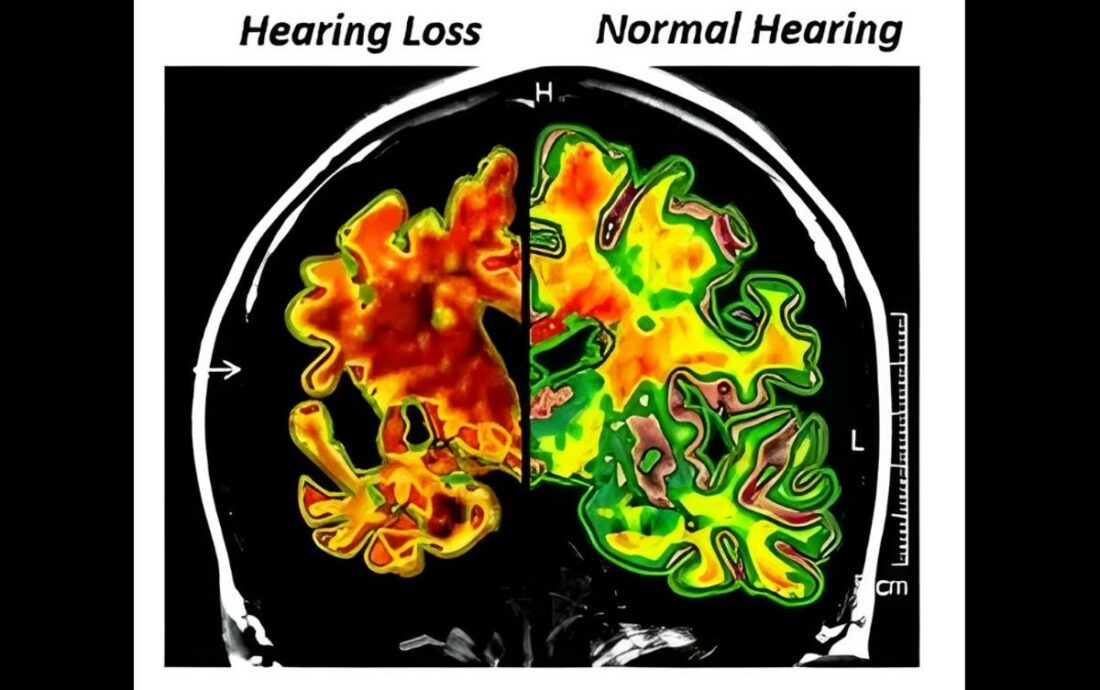
Hearing loss is increasingly being recognized as a significant risk factor for dementia. In fact, the University of Oxford experts suggest it could be the largest single risk factor.
This association is attributed to the way hearing loss can lead to social isolation and increased cognitive load – factors known to contribute to cognitive decline.
Amanda Philpott, founder and CEO of eargym, elaborates on the mechanism by which hearing loss affects cognitive health.
“We lose our high frequencies first, and so we lose the sibilance, the ‘s’ sounds at the beginning and end of words, and so it starts to sound like people are mumbling.
It’s more difficult for me to distinguish what you’re saying against the environmental sounds in the background and so I have to concentrate and watch your lips move. The listening effort and cognitive load of listening when the hardware is failing tires me out.
So, I stop going to those environments. I start to withdraw from social interactions, which affects my mental health and also therefore my cognitive health.” says Philpott.
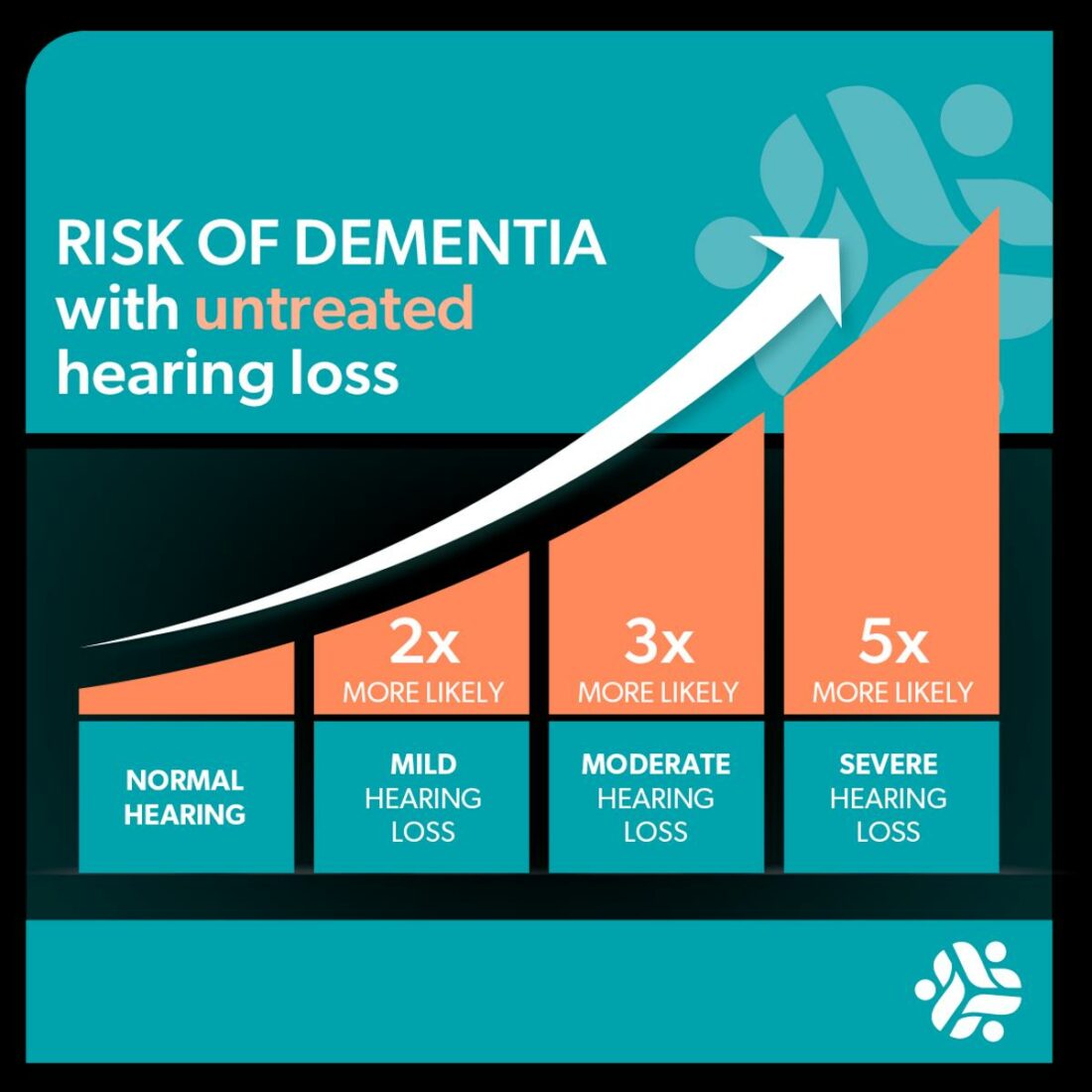
Social withdrawal due to hearing loss is a pivotal factor leading to cognitive impairment.
As individuals find it increasingly challenging to engage in conversations and navigate social environments, they tend to isolate themselves, exacerbating the risk of mental health issues and cognitive decline. This isolation can trigger a cascade of cognitive impairments, culminating in dementia.
Several studies underscore the gravity of this issue. Many researchers have linked hearing loss to a higher likelihood of developing Alzheimer’s disease and other forms of dementia.
The Causes of the Hearing Issues

The causes of hearing loss among under-35s are multifaceted. But, two primary factors stand out: the prevalence of “unsafe listening” practices and the constant barrage of “urban environment noise.”
“Unsafe listening” is the habit of listening to music, podcasts, or other audio content at high volumes for extended periods without taking necessary breaks.
Amanda Philpott points out the ubiquity of headphone use and how it contributes to the problem.
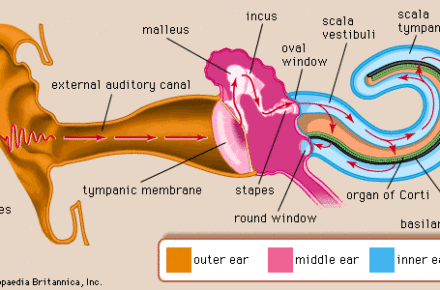
This relentless auditory stimulation does not allow the cochlea’s hair cells, vital for translating sound waves into electrical signals for the brain, the chance to recover, leading to permanent damage.
Adding to the auditory assault is the “urban environment noise”. This is described to stem from construction sites, bustling roads, and the rumble of trains or subways.
Philpott elaborates on the compounded effects of such noise, likening the damage to a well-trodden path across a lawn.
This analogy vividly illustrates how continuous exposure to noise, without reprieve, can lead to irreversible hearing loss.
The 60/60 Rule: A Preventive Measure
Amanda Philpott promotes the 60/60 rule to combat hearing loss in youth. This approach recommends listening at 60% volume for no more than 60 minutes.
This rule is rooted in the understanding that our cochlea houses around 18,000 hair cells, which are critical for hearing. Once damaged, these cells cannot regenerate, leading to irreversible hearing loss.
By following the 60/60 rule, individuals can give these hair cells a chance to rest away from the relentless assault of noise.
